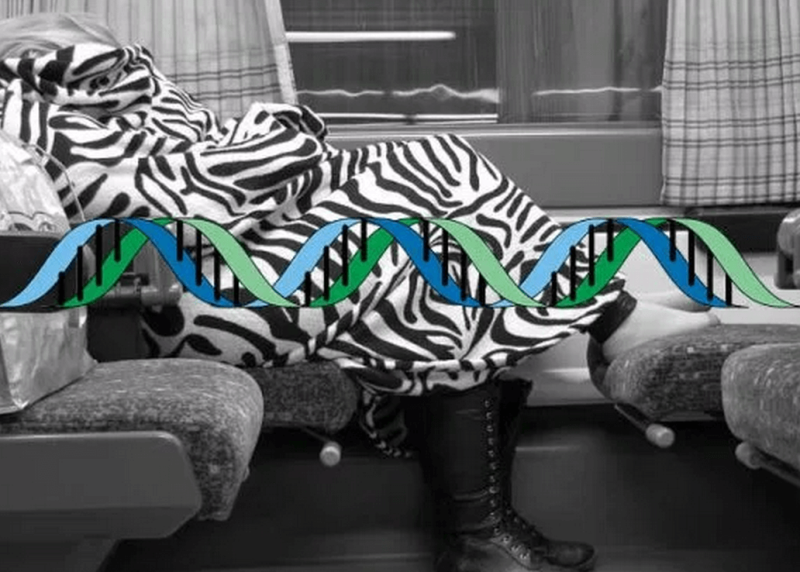One thing’s for sure — sleep is still largely a mystery. We’re still not exactly sure why we do it. The more activity we perform or the longer we stay awake, the so-called ‘sleep pressure’ builds up, which is one of the major reasons for the adenosine hypothesis of sleep maintenance. The more sleep — and lack of sleep — have been investigated, the more correlations have been made with health concerns ranging from heart disease and early death to metabolic disorders. The exact and precise causes for these problems have not received a great deal of study — for example, is a general lack of sleep causing the body to poorly maintain itself? Well new research on the topic has shown that a great deal of epigenetic changes occur in our genome by suffering from a lack of sleep.
Our ‘clock’ genes
Our bodies, and indeed the genome of every animal it is suspected, have a core set of genes which help determine nocturnal and diurnal cycles, sleep and wakefulness, and maintenance of physiological systems (the balance of sympathetic and parasympathetic systems). We have several genes which have been identified as our core ‘clock’ genes (such as CYC (BMAL1), CRY1,2, and PER1,2); I’ve added a piece here which discusses the interaction of these.
Epigenetic changes occur as a result of methylation of DNA in certain patterns. The recent research from scientists in Sweden and Germany showed that epigenetic methylation of CRY1 promoter occurred after just one night of total sleep deprivation. There were also statistically significant epigenetic methylation changes in two regions of PER1, and gene expression in BMAL1 was found to be reduced. The study authors concluded
…a single night of wakefulness can alter the epigenetic and transcriptional profile of core circadian clock genes in key metabolic tissues. Tissue-specific clock alterations could explain why shift work may disrupt metabolic integrity…
Don’t lose sleep over losing sleep just yet — the researchers used 15 study participants, which is a vanishingly small study group to make large-scale population decisions from. But some of this small sample size effect is captured in the results of the blood work they took from the participants, where they measured cortisol and blood glucose. Even though the two parameters achieved statistical significance, the variance of the mean of the two values exceeded the average differences between the sleep-deprived subjects and the control (allowed-to-sleep) subjects. What seems clear from the measurements made of clock gene expression, however, is that sleep deprivation is associated with changes in the genome of adipose (fat) and muscle tissue.
What the study authors also noted was that the epigenetic changes were of a different effect size between the fat and muscle tissue, which has led to the suggestion that some chronic diseases that have heightened risk factors with lack of sleep such as obesity and type 2 diabetes may be related to the ‘clock desynchrony‘ between the fat tissues of the body and the more energetic muscle tissues. But their study wasn’t designed or powered to detect or answer this question directly.
The authors readily acknowledged that they aren’t sure how pernicious or enduring these effects are, or whether a couple nights’ worth of ‘make-up’ sleep can reverse the epigenetic changes. These results aren’t as nihilistic as have been reported. And the reality is that everyone experiences periods of extended wakefulness from time to time, so perhaps our bodies’ epigenetic changes also include some positive effects which help us adapt and respond under pressure.
Ben Locwin, Ph.D., M.B.A., M.S. is a contributor to the Genetic Literacy Project and is an author of a wide variety of scientific articles for books and magazines. He is also a neuroscience researcher and consultant for a many industries including food and nutrition, pharmaceutical, psychological, and academic. Follow him at @BenLocwin.































